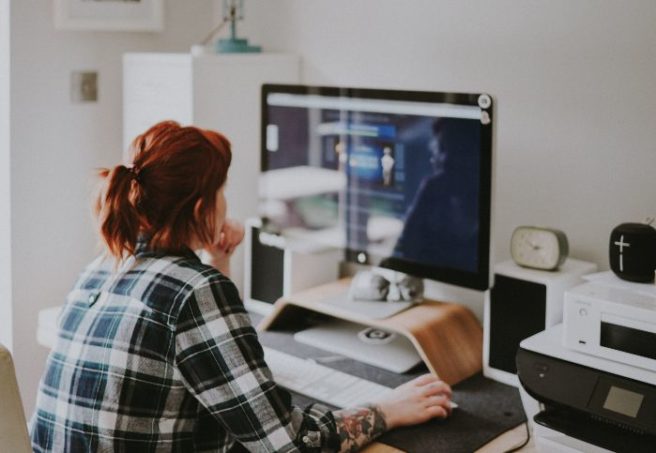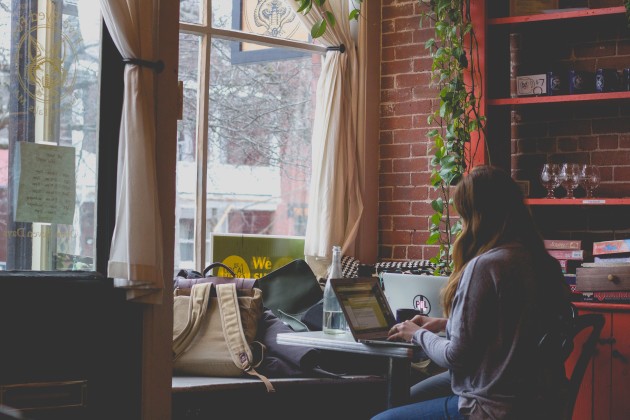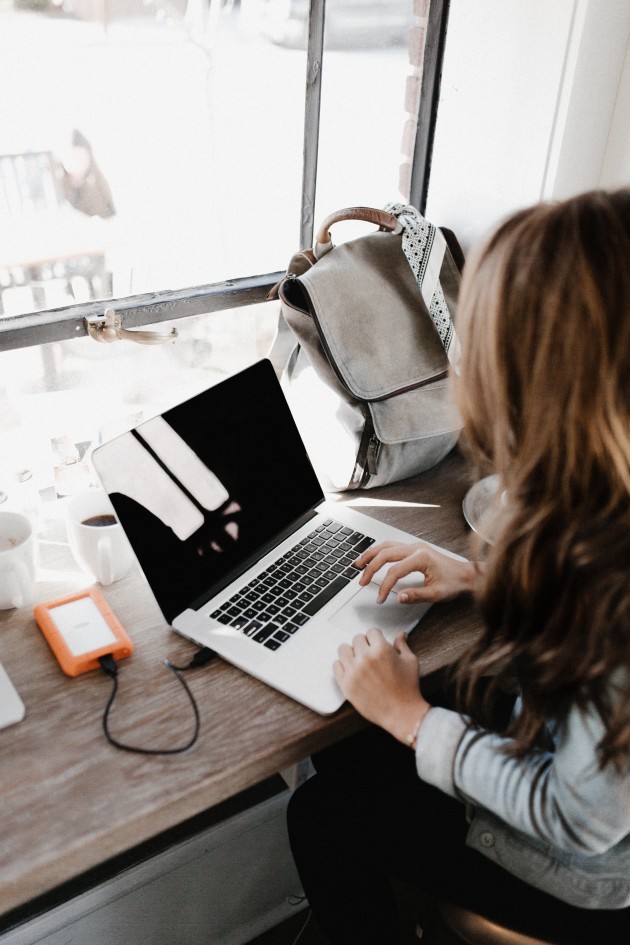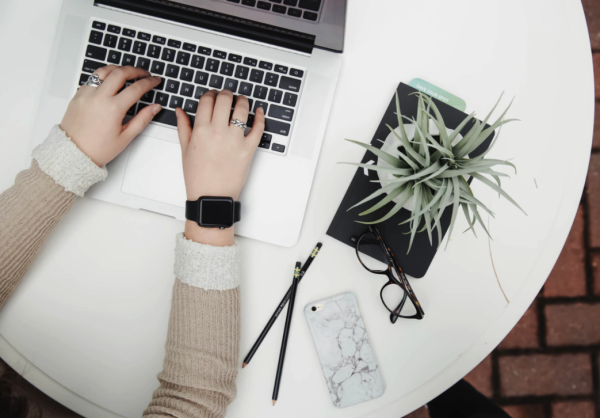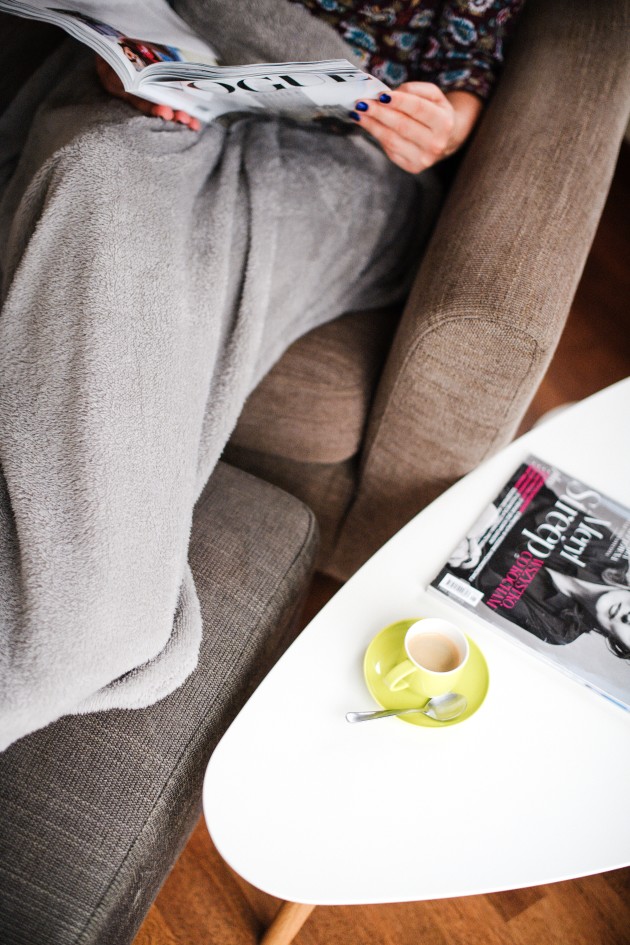
Irish professionals struggle to discuss fertility issues with boss
New research commissioned by LinkedIn has shown that fertility issues remain taboo subjects in Irish workplaces, with nearly two thirds (65 percent) of professionals saying they would not discuss difficulties conceiving with their employer.
The research, which surveyed Irish professionals and also workers with fertility issues, highlighted a range of issues relating to why people do not feel comfortable discussing challenges trying to have a child with their employer, the lack of HR policies to support people pursuing IVF or adoption, and potential resentment that can fester due to the lack of HR structures and understanding for coworkers struggling to conceive.
Most Irish professionals (59 percent) are hesitant to discuss fertility issues with their employer as they want to keep their personal and professional lives separate.
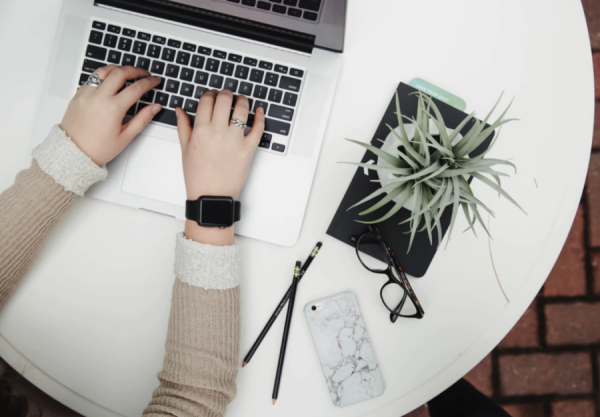
One of the main factors behind this is due to the lack of training for managers on how to handle with conversations about topics like miscarriage or IVF, with seven in 10 workers saying that they would be more likely to have a conversation with their employer if they knew that their manager had training on how to deal with it.
Just under half (47 percent) of Irish workers who have experienced fertility issues did not want to discuss it with their manager because it felt too uncomfortable, with over a fifth (22 percent) not wanting to do so in particular if their manager was of the opposite sex. A major factor for almost a third (31 percent) of these professionals is that they did not want to have to tell colleagues if their attempts to conceive were unsuccessful. Over a fifth (22 percent) of workers finding it difficult to conceive also worried that telling their manager about their plans for a baby would hinder their career prospects.

The lack of HR structures and understanding of coworkers has led to a variety of issues for professionals that experienced challenges when trying for a baby. Just over half (52 percent) of these workers reported experiencing mental health issues, with almost two fifths (39 percent) saying that their financial situation was negatively impacted and just over half (51 percent) reporting that their work performance was affected.
Over half of professionals experiencing fertility issues said that they needed to take time off work to attend medical appointments or to recover from them, with nearly a quarter (24 percent) also having to undergo counselling.
Worryingly over half (55 percent) of Irish professionals said that their employer did not have HR policies in place to help staff having difficulties trying for a baby with fertility treatment or adoption. For example, women pursuing IVF are required to take injections at set times during the day, which make staying back late in the office or travelling for work an issue. Despite this there is a lack of formal flexible working options for employees opting for fertility treatment in many Irish organisations.

The top five policies that professionals that have experienced fertility issues want most from employers are:
- Flexible working options for those undergoing fertility treatment (52 percent)
- Personal leave to recuperate or aid their partner during egg retrieval or insemination process (33 percent)
- Paid time off for those undergoing fertility treatment (31 percent)
- Financial assistance for fertility treatment (31 percent)
- Flexible working options for those going through an adoption process (29 percent)
There are still some underlying issues around attitudes towards pregnancy, fertility issues and whether colleagues have children or not in the workplace. Almost three quarters (73 percent) of professionals think that workers who do not have children enjoy better career success. 1 in 7 (14 percent) professionals expect colleagues with fertility issues to work at the same pace despite their need for support. On a positive note in this respect, just over a third (36 percent) would cover for colleagues with fertility issues if they had to miss work.

LinkedIn is calling for employers to break the taboo in their organisation and discuss fertility issues at work to help normalise this commonplace issue. Commenting on the research, Lisa Finnegan, Senior HR Director for EMEA & LATAM at LinkedIn, said: “It took my third miscarriage to push me to open up to a manager about what I was going through. Part of the reason why I’ve chosen to speak out about my journey on LinkedIn is that I believe our personal struggles don’t happen in isolation from our working lives. Following the positive response I received on my post, this has prompted many others to share their story on the platform.
“We need to raise awareness of the diverse fertility journeys that people undergo so they feel comfortable starting the conversation at the beginning of that journey. This research shows that there are a multitude of ways to support employees struggling with fertility and I hope our findings will encourage more employers to begin their own discussions on the topic.”









